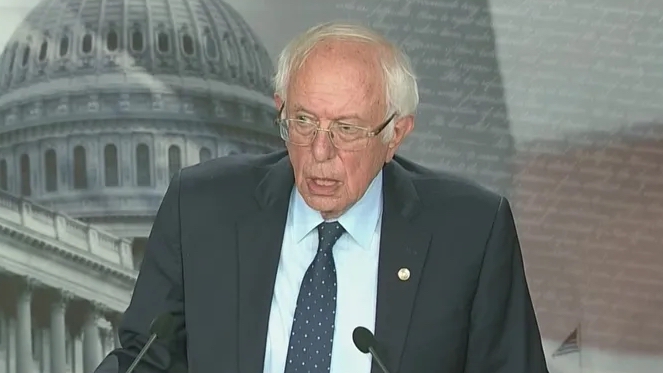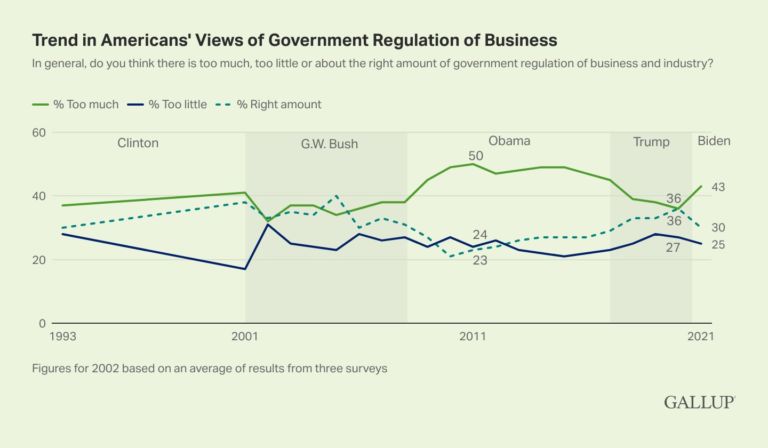A new study by the National Bureau of Economic Research (NBER) has reconfirmed the first premise of economic science–people respond to incentives. In this case, if you lengthen the time unemployment payments can be received, at the margin, you lengthen the time people will remain unemployed. And of course, if you reduce the length of time those benefits can be received you will shorten the time period people will remain unemployed. Just like anything else the more unemployment is subsidized the more unemployment you will get. To argue otherwise is to argue that people are not rational.
NBER has published a new (January 2015) study titled “The Impact of Unemployment Benefit Extensions on Employment: The 2014 Miracle” and here’s the author’s conclusions (from the paper’s abstract):
“We measure the effect of unemployment benefit duration on employment. We exploit the variation induced by the decision of Congress in December 2013 not to reauthorize the unprecedented benefit extensions introduced during the Great Recession. Federal benefit extensions that ranged from 0 to 47 weeks across U.S. states at the beginning of December 2013 were abruptly cut to zero…We find that a 1% drop in benefit duration leads to a statistically significant increase of employment… 1.8 million additional jobs were created in 2014 due to the benefit cut. Almost 1 million of these jobs were filled by workers from out of the labor force who would not have participated in the labor market had benefit extensions been reauthorized.”


